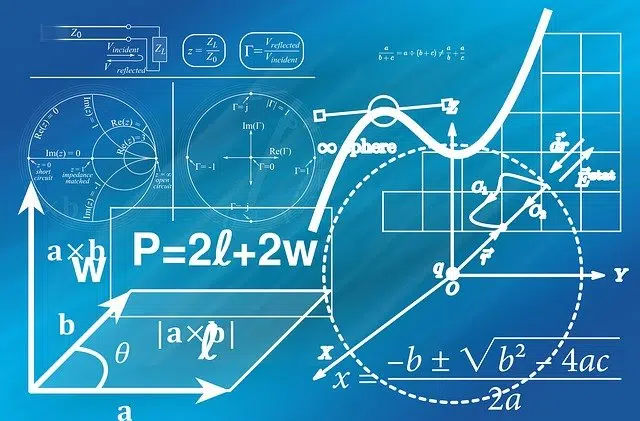
Metatheory is also known as “theory of theories.”
The notion of metatheory is not part of the dictionary of the Royal Spanish Academy ( RAE ). In any case, we can analyze its compositional elements to begin to understand the concept.
Theory of theories
The prefix meta- means “after” , “about” , “between” , “next to” or “with” . The noun theory , meanwhile, can refer to a hypothesis whose effects have application in a science; to a set of laws that allow linking an order of phenomena; or speculative knowledge.
Returning to the idea of metatheory, it refers to a theory that revolves around another theory or a group of them . That is why it is often said that it is a theory of theories .
Metatheories are part of the field of philosophy and are usually framed in epistemology . These theories have as their object of study other theories, investigating their system of principles and procedures and determining their limits.
The formulation of metatheories is carried out in a metalanguage : a language that is used to refer to another language. What metatheories do, ultimately, is examine how theories are formalized.
More developed metatheories
Among the most developed are metamathematics (the metatheory of mathematics) and metalogic (the metatheory of logic ).
With respect to metamathematics , it is the study of the foundations of this science. It arose in the midst of the well-known crisis of fundamentals , which took place between the 19th and 20th centuries. Here we can mention Russell's paradox , which demonstrated to the mathematical community that there were certain contradictions in the set theory postulated by Georg Cantor and Gottlob Frege .
In this framework we must also talk about Richard's paradox , which demonstrates an irresolvable contradiction linked to set theory, in particular with regard to the countability of the set of reals. If we focus on metalogic , on the other hand, it is dedicated to the study of the components and properties of formal systems, such as completeness, consistency and decidability. In this way, just as logic aims at the construction of logical systems, metalogic investigates the characteristics of said systems.
Completeness is a property of formal systems according to which all formulas that are considered valid from a logical point of view are also theorems of their system. Consistency occurs if a contradiction cannot be deduced in the system studied. Finally, decidability is a property of the formulas that occurs if there is an effective method to know if it is part of the set of truths of the system.
History of the concept
The concept of metatheory emerged in the context of philosophy and mathematics, during the first years of the 20th century. It all began with the research of David Hilbert , a mathematician from Germany who in 1905 made public a proposal about his field of studies that gave rise to what we know today as metamathematics .

Metamathematics is a metatheory that studies the foundations of mathematics
It is important to note that his attempt to prove the consistency of this science was not so well received by all scientists: Kurt Gödel , a philosopher, mathematician and logician from Austria, published a work titled Inconsistency of Theorems in which he proved that the statements of Hilbert were not entirely valid. This took place in 1931. Despite this obstacle, his theory continued to influence other scientists throughout the century.
Metatheory had an undeniable space during the following decades and its importance is still maintained today. As mentioned above, its scope is very broad, as it covers various fields .
